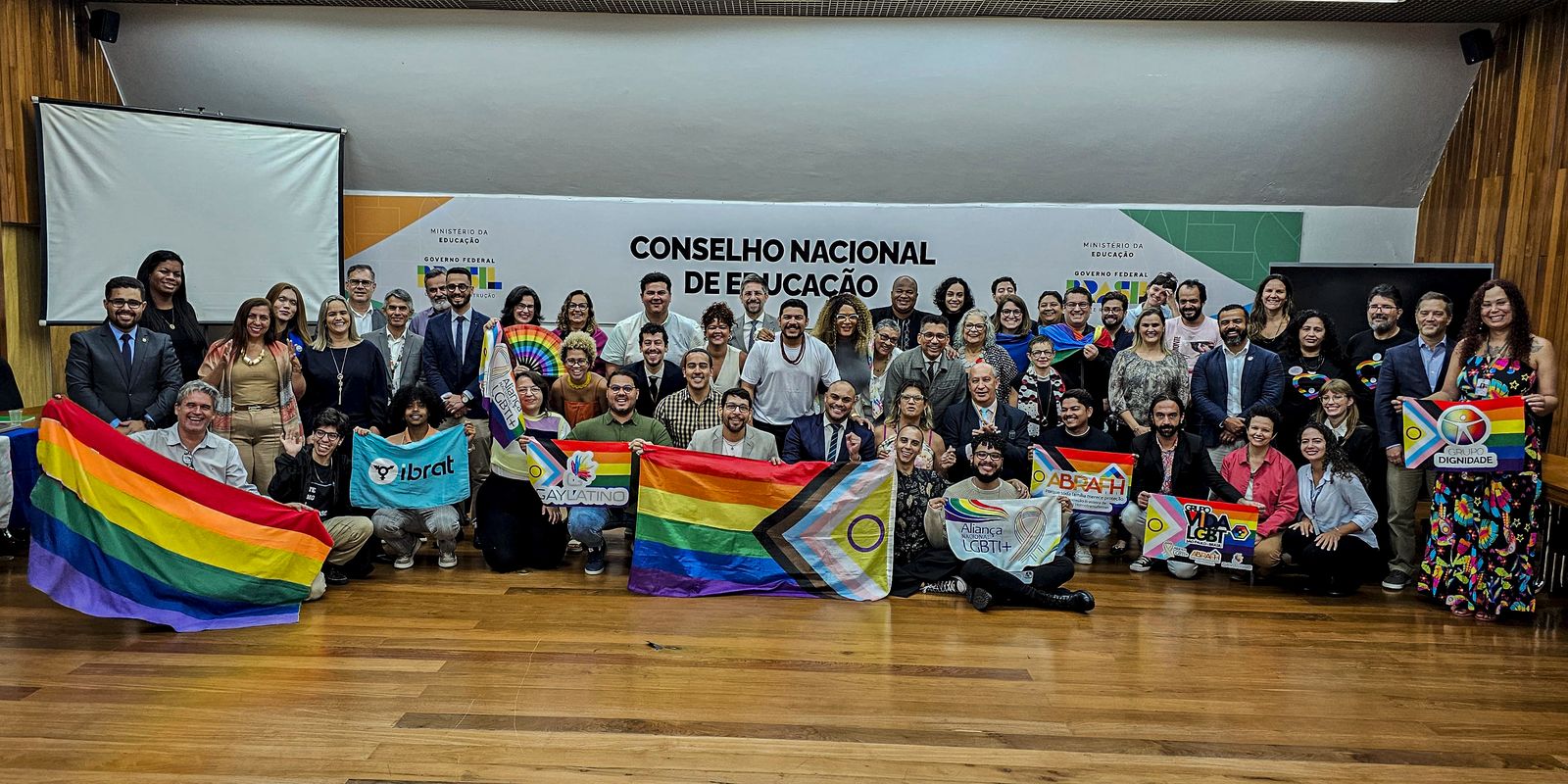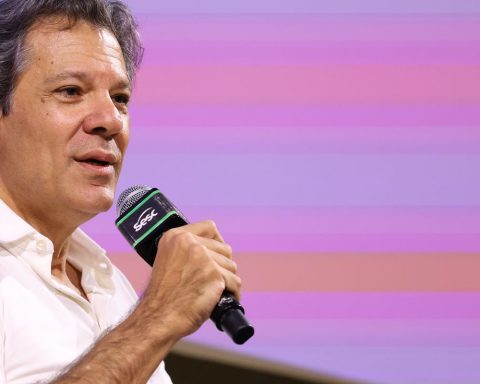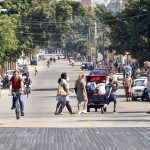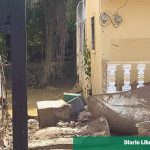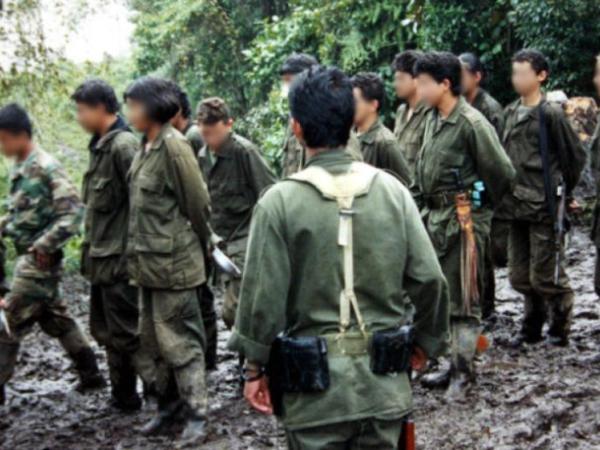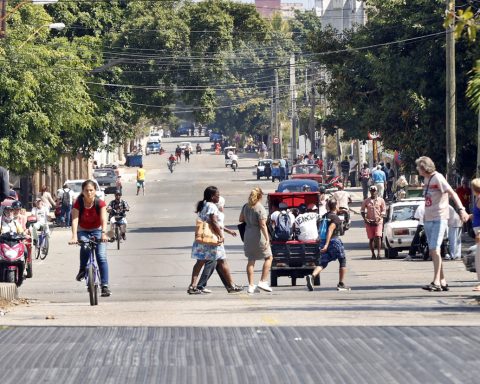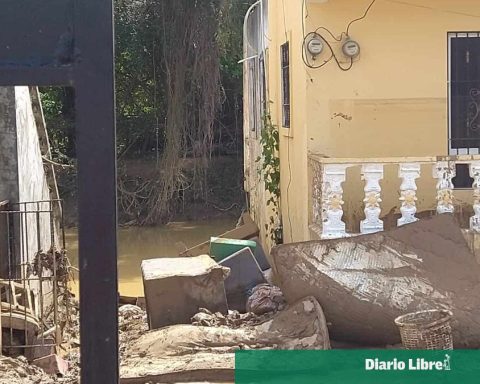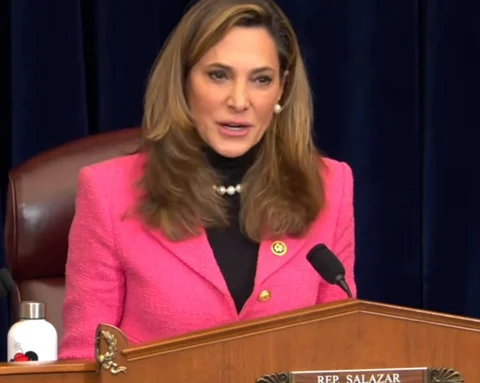Nine out of ten teenage students and young LGBTI+ [lésbicas, gays, bissexuais, transexuais e travestis, intersexuais e outras orientações sexuais e identidades de gênero] They claimed to have been victims of some kind of verbal aggression in 2024.
The data is from National research on bullying in the Brazilian educational environmentpresented this Wednesday (16), at the headquarters of the National Council of Education (CNE), in Brasilia.
The survey was conducted by the LGBTI+ National Alliance Civil Society Organization in partnership with the Unibanco Institute and the technical support of Plan CDE, the Alliance, throughout 2024.
The CEO of the LGBTI+National Alliance, Toni Reis, cited the definition of homophobic bullying as a systematic intimidation through physical or symbolic violence, with acts of humiliation or discrimination And he pointed out that there is a lot of bullying in schools.
“Bullying in our country is structural and we will have to restructure when it comes to others. We need to work with a structural public policy, not something of indoctrination, but something of harmonious and democratic coexistence.”
LGBTI+ activist for over 40 years, Tony Reis defended a healthy, respect and empathy relationship between children, adolescents and teachers.
“We are giving elements and evidence to be worked in schools. We will have a protected school, a democratic school, a school where everyone can live harmoniously,” said Toni Reis.
National survey
The research questionnaire was answered by 1,349 basic education students (over 16 years) of regular education and youth and adult education (EJA) between August 2024 and January 2025. The report considered exclusively the answers of 1,170 participants who identify themselves as LGBTI+, with various gender identities and sexual guidelines.
Participated enrolled in public and private schools in all 27 Federation Units.
The project coordinator of the General Coordination of Educational Policies in Human Rights of the Secretariat of Continuing Education, Youth and Adult Literacy, Diversity and Inclusion (Secadi) of the Ministry of Education (MEC), Maraisa Bezerra Lessa, admits that there was a lack of research based on more up -to -date evidence and data on this topic. “Experiences and experiences that we hear several reports in Dryadi’s daily life and that we needed to bring to this debate.”
Insecurity and Violence
According to data on forms of violence, 86% of students interviewed feel insecure in school for some personal feature, such as their own appearance. Between trans/transvestites, this number rises to 93%.
The survey revealed, for example, that the school is a little or unique environment for trans students (67%); For boys who do not fit the standards of masculinity (59%); gay, lesbian, bisexual or asexual students (49%); girls who do not fit the standards of femininity (40%); In addition to people who have the body I consider it as “out of standard” (40%).
In addition to verbal violence, 34%of respondents were victims of physical violence in 2024 in educational institutions throughout 2024, and gender expression (20%), sexual orientation (20%) and appearance (19%) were more mentioned factors as alleged triggers for the violence suffered.
The percentage of physical violence against LGBTI+ increases to 38% when it comes to trans/transvestite students and black people. Seven more percentage points in relation to their cisgender peers (CIS) (31%), people whose gender identity corresponds to the biological sex attributed to them to the birth.
When it comes to sexual harassment in the educational environment, 4% of LGBTI+ students have already suffered this type of violence, and 5% suffered recurrently.
Aggressors
Victims of offensive comments, bullying or LGBTifobia pointed out that the aggressions are mostly practiced by students (97%). Since LGBTI+ students may have been beaten more than once and for one more person, they still recognized that 34% of attackers are teachers and educators; 16% are members of the school management or board of directors; And another 10% are other professionals from the teaching unit.
The member of the non-governmental organization Mothers for diversity In the Federal District, Elis Gonçalves, knows closely this reality practiced by those who should educate. She is the mother of a 13 -year -old transmed boy identified by social name Ayo, which means joy in the Yoruba African language. “When the professional chooses to call my son by the dead name, knowing the social name, he is exposing my son to the room, to the entire school,” said the mother.
“When the teacher or director is the aggressor of his child is worse. Because he is someone in a power relationship, intimidating and expelling his child every day of that environment. And because this professional is considered an example, he is saying to others: Bullying is released, disrespect is released, because I am the first [a fazê-lo]Elis.
Support
The students LGBTI+ responded that, after suffering the aggressions on the educational facilities, 31% sought the school, but of these 69% report that no action was taken by the institution.
Among those who reported some action by the educational institution, 86% evaluated the measures as little or nothing effective.
Another 39% of students who have already suffered bullying claimed to have never talked to someone about the situation; 44% sought to talk to friends, while (10%) a small portion sought family members.
Mental health
Given the scenario perceived by school research as hostile places, the data suggest that these students face a negative picture of mental health: 94% of LGBTI+ interviewees felt depressed in the month before the survey. Of the impacted students, 88% said they had experienced this feeling twice or more in the period. Which would aggravate the suffering of LGBTI+people.
Trans students have worse mental health indicators than their cis peers, in almost all aspects evaluated.
Research those suggest that schools promote spaces for dialogue and awareness, such as lectures and conversation wheels for the problems encountered.
Another proposal is the strengthening of student bonds with the school to ensure and promote safer and more welcoming environments to reduce impacts of isolation and lack of student support networks.
School evasion
Research on bullying It presents data that indicates high risks of school dropout of LGBTI+ students due to insecurity in the educational environment. “The risks are high for the LGBTI+ community and particularly, high for students who identify themselves as a transgender,” summarizes the note on the research.
- 47% of students LGBTI+ students were at least one day to the educational institution, in the month before the research, because they feel insecure at school or on the way to the institution
- Among trans students, 57% lost at least one school day in the month before the survey, 15% more compared to their cis peers (42%);
- Trans people also reported having lost more academic days: 18% of young trans lost six days or more; This ratio drops to 12% among cis students.
During the launch of the national survey, Professor Jaqueline Gomes de Jesus, the first transsexual to go to her doctorate at the University of Brasilia (UnB), said she came across a similar reality from a very young age, in schools in Ceilândia and Taguatinga, in the Federal District.
“It was not my teachers who saved me. It was not school, because I didn’t exist at school. I suffered bullying, discrimination, persecution, sexual harassment every day. And teachers, coordinators, principals, the nuns did nothing, because he was a child shifted and said, ‘I don’t want to get into it.’
Public policies
To change these realities and face the challenges in combating discrimination suffered by LGBTI+ students from Brazilian education networks, MEC coordinator Maraisa Bezerra Lessa explained that the public policies adopted by MEC are based on the 1988 Federal Constitution; in the guidelines of the Common National Curriculum Base (BNCC); In the principles of the National Plan for Human Rights Education, in addition to the opinion of the National Education Council, which requires the adoption of the students’ social name.
According to Maraisa, the objectives are to promote democracy, citizenship, social justice and respect for diversity in education systems.
The coordinator detailed that the actions of the federal government are focused on the formation of people to have the ability to understand what their rights are and also in the continuing education of human rights education of education professionals.
“We start from the assumption that education is a fundamental right and that enables access to all other rights. Human rights education, at the time it tries to contribute to awareness of these rights, enables students and students to have conditions of struggle for it.”
Suggestions
The National Survey on Bullying in the Brazilian Educational Environment 2024 proposes the creation of public policies that include in the school curriculum topics: forms of violence, respect, democratic coexistence, according to the direct action of unconstitutionality 5.668 [que determina que as instituições de ensino combatam o bullying homofóbico em suas unidades]; the Law 13.185/2015combating bullying, and Law 14.811/2024which establishes measures to protect children and adolescents against violence in educational establishments.
Other suggestions for the national survey are:
- the protection of the educator that deal with the theme;
- Legal measures to ensure security of students who suffer violence in the family;
- Sensitization and training of the protection network of children and adolescents.
The executive secretary of the National Education Council (CNE), Christy Ganzert Pato, argues that the challenges to be faced in Brazilian education are broader and go beyond the reformulation of basic education and investments in the formation of Brazilian teachers.
“Structural change is not just from school, it is not only in training [de professores]the change must be of the structure of society. This involves an effort far beyond just thinking about the manager’s performance, punishment laws, education laws, training laws. This is a much more national knowledge process. How do you change the spirit of nation? ”Asked CNE’s executive secretary.
